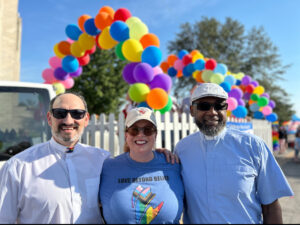
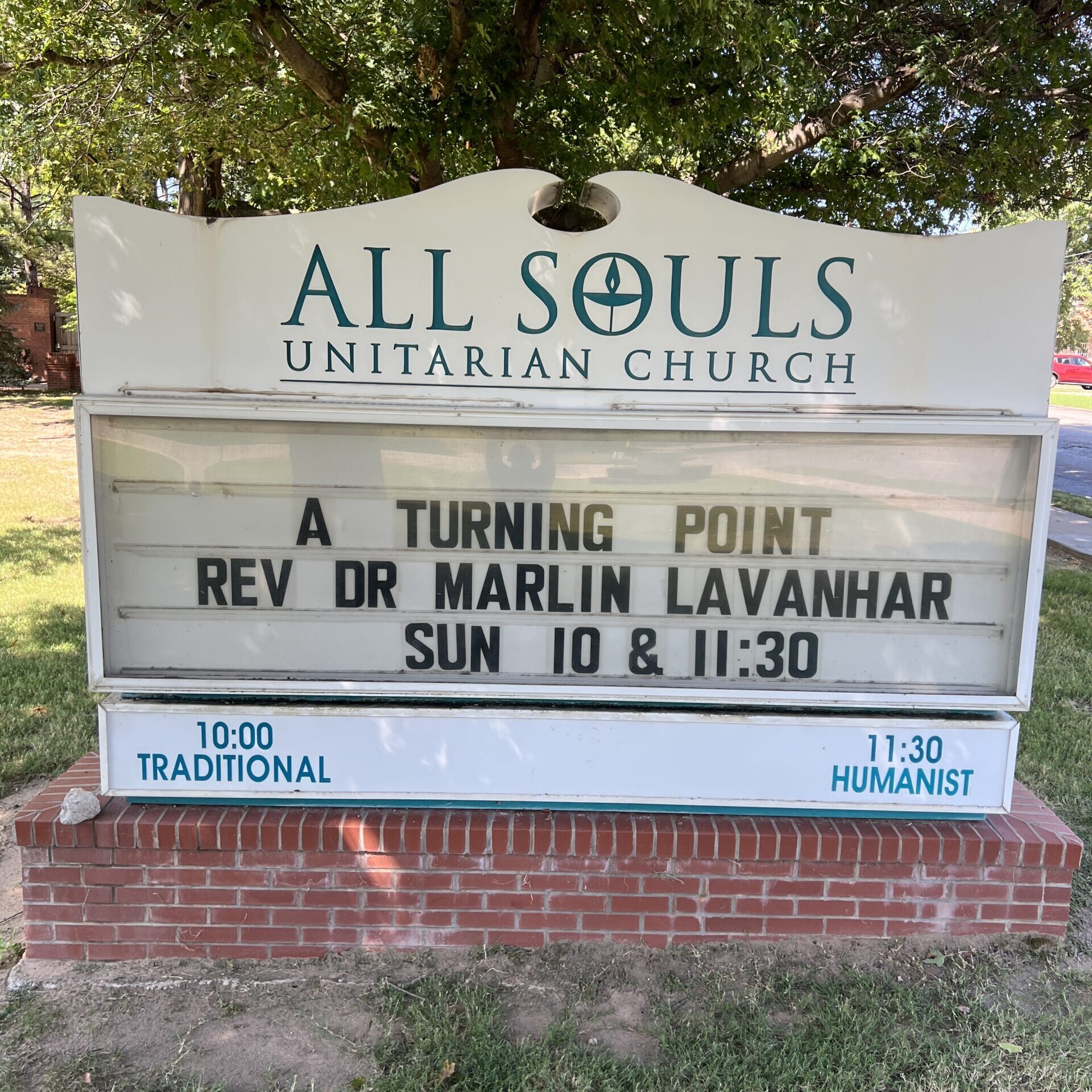
Rev. Dr. Marlin Lavanhar
Sunday, September 21, 2025
Theme: Vision
In a time when fear and division threaten to define our nation, Rev. Marlin invites us to remember the American creed of E Pluribus Unum—out of many, one. His message, Turning Point, calls us to model compassion, pluralism, and a higher love—right here, in this community.
Watch the video or read the full message below. You can also follow us on Spotify, or wherever you listen to your podcasts.
Here In This Place, Light Breaks Through
Here in this place new light is streaming.
See in this space our fears and our dreaming.
Call to us now—and we shall awaken,
called to be light to the whole human race.
Call us anew—to be salt for the earth,
lives that are holy and hearts that are true.
Not in some heaven, light years away,
but here in this place—the new light is shining.
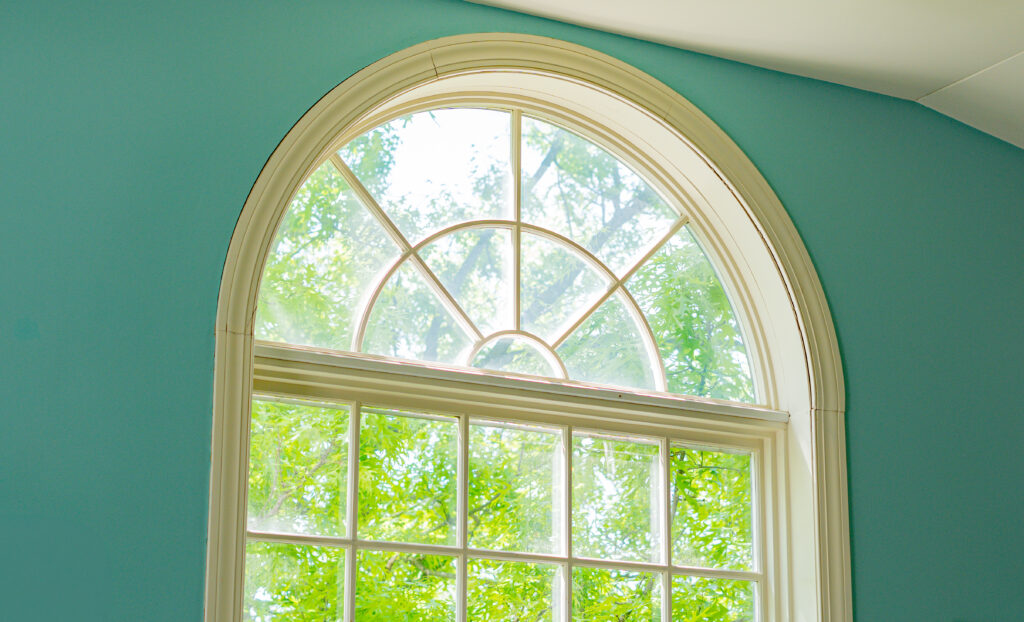
Even when so many people are living in fear—researchers in universities, day laborers outside a Home Depot, people posting on social media, people who look Hispanic and speak Spanish, transgender people, even politicians and public speakers.
We are being divided into friends and enemies, into good and evil. Both sides convinced the other is destroying our country.
And yet, I still believe: Here in this place, new light is streaming.
Fear Divides, But Vision Calls Us Higher
Friends, we live in a nation once thought, in Walt Whitman’s words, “to be formed from all, with room for all.”
This morning, we are a reflection of that promise—people of many kinds and beliefs together in our humanity, in our fears, and in our dreaming.
The architects of this nation had a vision. They set us on a mission: to be a light or beacon for the world. That foundation is expressed in the promise of freedom and justice for all.
It is a promise we have not yet fully achieved. At times it feels like we are going backward. And yet it remains a compelling vision—one that continues to motivate the best within us.
Benjamin Franklin, at the signing of the Declaration of Independence, reminded his peers: “We must all hang together, or most assuredly we will all hang separately.”
"We must all hang together, or most assuredly we will all hang separately."
Benjamin Franklin
This is the formative principle of democracy: we need each other. We are better together. United we stand, divided we fall.
At its best, this country is more than just a nation. It is an orientation to hope, rooted in a moral vision for humanity.
A Promise Still Unfinished
What holds us together is not a common language, a single religion, or a shared ethnicity. It is something deeper—a creed. Not a religious creed, but a belief in the dignity and rights of every person to life, liberty, and the pursuit of happiness.
As my late colleague Forrest Church wrote in The American Creed, the preamble to the Declaration of Independence distills a mission and gives a charge to future generations.
Over the years we’ve become a nation made up of people of every nation. What binds us across all those differences is the hope of freedom as a governing principle—not just for ourselves, but as a light to the world.
The Creed on Every Dollar: Out of Many, One
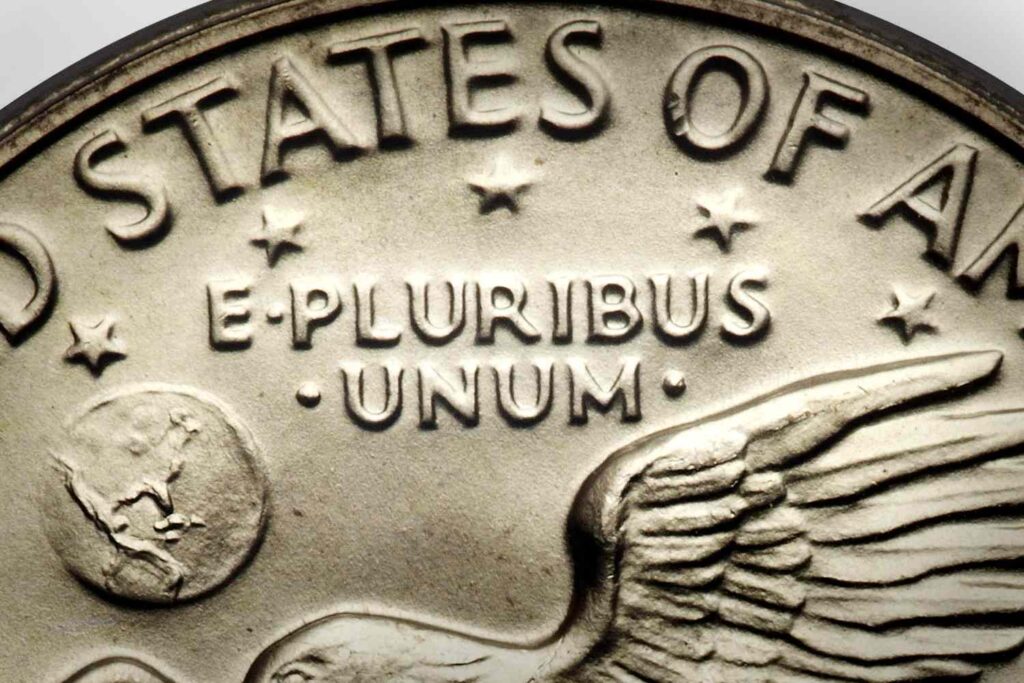
This creed is captured in a phrase printed on our coins and dollar bills: E Pluribus Unum—out of many, one.
Diversity and difference are a fact of life. But pluralism is something we have to create.
Pluralism is when we can have both diversity and unity. It is the weaving together of our differences into one fabric of belonging.
There are voices who reject this idea—who want our nation united instead by a conservative Christian creed. They dismiss pluralism because they cannot accept that there is more than one way to know God.
This rejection isn’t confined to Tulsa or the Bible Belt. It reaches the highest halls of our government.
Diversity Is Easy. Pluralism Is Hard.
One of the clearest moments of pluralism in our recent history was after the attacks of September 11, 2001.
People across the country came together—helping neighbors, honoring shared ideals. Religious leaders gathered in the National Cathedral in Washington, D.C., and across the nation, including right here in Tulsa.
But even then, not everyone welcomed that spirit. You may recall the Missouri Synod Lutheran pastor who was defrocked for saying a prayer in an interfaith service at Shea Stadium just days after the attacks. Today we would say, “he was cancelled.”
Amid fear and grief, some called for Muslims to be deported or rounded up. President George W. Bush, to his credit, chose a different path. He worshipped in a mosque to model to our nation and to the world that America values religious pluralism and honors its Muslim neighbors.
Five months later in China, Bush declared: “In a free society, diversity is not disorder. Debate is not strife. And dissent is not revolution. A free society trusts its citizens to seek greatness in themselves and their country.”
"In a free society, diversity is not disorder. Debate is not strife. And dissent is not revolution. A free society trusts its citizens to seek greatness in themselves and their country."
President George W. Bush
This is the American creed recited again: we are on a long journey toward equality and justice, but our light shines as a beacon of hope and opportunity.
When the World Fell Apart, We Came Together
Why do I believe new light is streaming here? Because All Souls is not only part of America’s religious diversity—we embody it.
We are not a community where everyone believes the same. We welcome Jews, Christians, Buddhists, atheists, seekers, and families blending traditions. We welcome those still figuring out what they believe—or don’t believe.
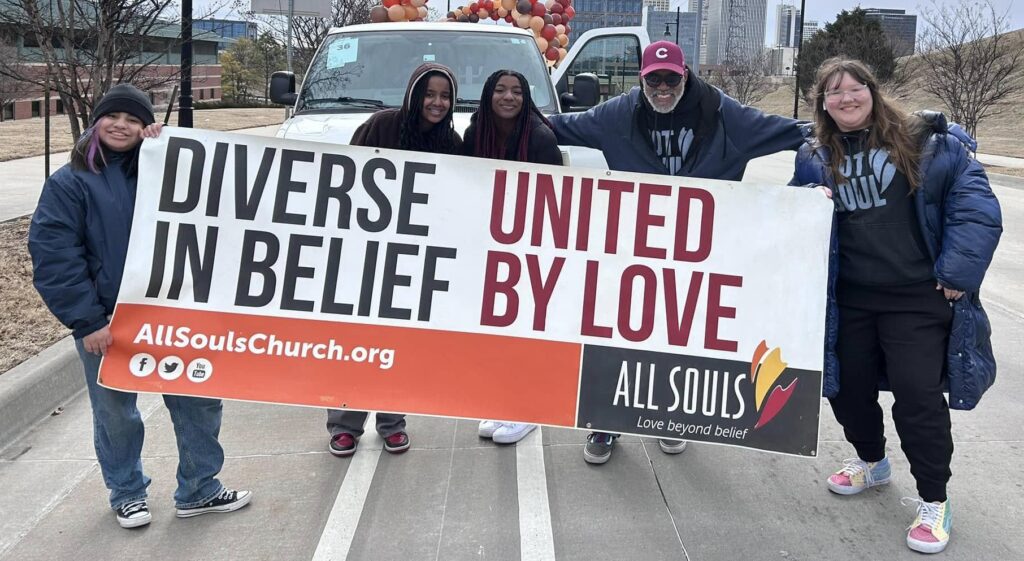
Like the Statue of Liberty, we hold up a lamp to welcome all. Not asking anyone to leave their beliefs or culture behind, but inviting them to bring their whole selves.
Some come as religious refugees fleeing inhospitable places. Some come as seekers looking for new ways and greater truth. And some come convinced that the best hope for peace is not in converting everyone to think alike, but in learning to live respectfully across differences.
Out of many theologies and philosophies, we have created one community.
A Church that Mirrors a Nation
Can we have a little family meeting?
All Souls is religiously liberal. But that’s not the same as politically liberal.
We don’t espouse partisan positions. Our history includes politically conservative Unitarians, like President and Supreme Court Justice William Howard Taft.
Here in Tulsa, All Souls has always had beloved and consequential members who are politically conservative. That makes us stronger, healthier, better.
Still, it’s no secret that our membership leans heavily left. Which means we need to be especially honest about how progressives show up in divided times.
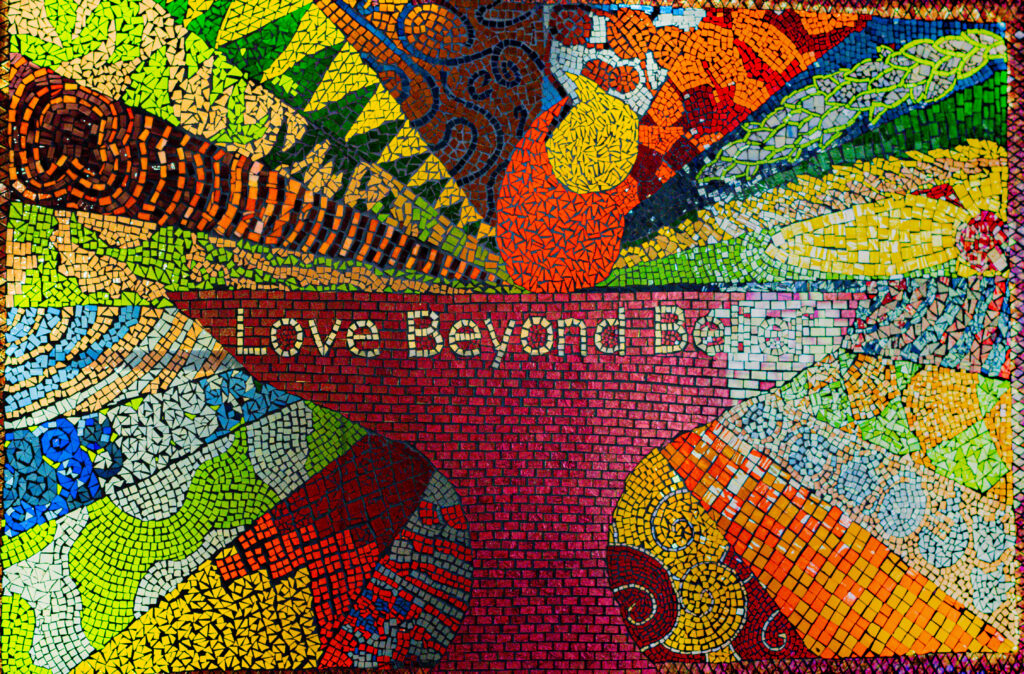
Tolerance Isn't Enough
Science writer Matthew Hudson once asked: who’s more prejudiced—liberals or conservatives, the religious or the non-religious? The answer: all groups are equally prejudiced against those with opposing views.
Liberals often imagine themselves more open-minded. But the research shows otherwise.
Scott Alexander, in Slate, illustrates this with a Buddhist story. A ruler lists all the marginalized people he tolerates. The Buddha replies: “You gain no merit, for you’ve mistaken tolerance for acceptance.”
Tolerance implies there’s something to endure. True tolerance is respect and kindness toward those you don’t accept.
That is a higher bar. And it is the bar America’s creed demands.
"True tolerance is respect and kindness toward those you don't accept...It mean granting them the same rights to life, liberty, and happiness. The right to be wrong."
Rev. Dr. Marlin Lavanhar
Love Your Enemies? Really?
I confess it’s hard for me. As a Jew, as a father of a Black daughter, I struggle to tolerate white supremacists and antisemites.
But tolerance doesn’t mean agreement. It means granting them the same rights to life, liberty, and happiness. The right to be wrong.
That is where democracy gets hard. That is where pluralism is tested.
Jesus said not only, “Love your neighbor.” He said, “Love your enemies.” Not just those who love us back. Not just those who share our views.
When George Floyd was murdered, many on the opposite political aisle said things that were cruel and lacking compassion. I was outraged. Still am.
And yet, when conservative activist Charlie Kirk was killed, I saw the same cruelty mirrored back. Dismissive posts. Harsh words. Mockery.
I realized: my conservative neighbors were grieving. And I wondered, what if instead of dismissing, I had done something human? Baked muffins. Left flowers. Sent a short text: “Thinking of you. How are you doing?” That small act could have broken through division in a way no argument could.
Choosing Compassion at the Turning Point
Friends, our nation is at a turning point. We don’t know if it will be good or bad. But we do have the freedom to choose our reaction.
If we refuse to speak to those on the other side, if we only see our side as good and theirs as evil, then we are part of the problem.
I’m not asking you to like your political opponents. I’m asking you to try, when you can, to offer a little love.
Surround yourself with positive people doing good. Find ways to spend time with those who are different. Social media will not lead us there—its algorithms thrive on outrage. Spend less time online, more time face-to-face.
"If we refuse to speak to those on the other side, if we only see our side as good and theirs as evil, then we are part of the problem. I'm not asking you to like your political opponents. I'm asking you to try, when you can, to offer a little love."
Rev. Dr. Marlin Lavanhar
The Light That Shines Here, Now
Our city and our world are growing more diverse. We must learn, as Dr. King said, to live together as friends or perish separately as fools.
If we can do it here, at All Souls—maintaining individuality while binding ourselves in community—then we can model something the world desperately needs.
I am thankful for this congregation. For the way you allow us to be many, and yet one.
Not in some heaven, light years away. But here in this place, the light is shining.
May it help us rise to a higher love.
I love you.
Amen.
